Manchester City Council recently wrote a letter to all families of children and young people with Education, Health and Care Plans (EHCP).
In it, Isobel Booler, the Head of Schools Quality Assurance and Strategic SEND, wrote of measures done in relation to EHCPs and the upcoming return to school this September:
The government temporarily changed the law relating to Education Health and Care Plans, to allow local authorities, education settings and health to make their ‘reasonable endeavours’ to deliver the provision in plans. This temporary change ceased on the 31st July. If you have any concerns about what education, health or care provision your child will receive when they return to education, please contact your school SENCO, headteacher or: Information, Advice and Support Manchester for advice on: 0161 209 8356 or email: parents@manchester.gov.uk
The latest government guidance says that all children and young people, including those with Education, Health and Care plans (EHCPs) should return to education in September. We realise that this will be worrying for parents whilst we still have coronavirus cases in the area. However, being back in education is important for children’s and young people’s learning and also for their emotional wellbeing.
In Manchester, the local authority and health staff have been working with our schools, colleges and early years settings, to make sure that they are well prepared to welcome back children and young people safely in September. Educational settings have carried out risk assessments to make sure they can provide a well-managed and safe return for pupils in September. We have put our responses to all frequently asked questions on the Local Offer website. I have included a few of the questions with this letter, but unfortunately there were too many to post easily. Please do look at all the FAQs on the Local Offer Covid-19 page: www.manchester.gov.uk/sendlocaloffer Many children with EHCPs had a successful return to school last term; in this video a pupil from North Ridge High one of our special schools in Manchester talks about her experience of returning to school: https://youtu.be/WQ_gpNvcrnk
You can download the letter on the SEND Local Offer website or view it through our screen reader below:
The letter also contains an FAQ attachment, which was prepared with the help of Manchester’s Public Health team and was briefly consulted with the forum prior to publication.
Further information is available on the government’s coronavirus guidance pages:
Early Years – Attendance in early years settings is not compulsory, but we hope children will return to their setting or take up their early years offer in September.
Further Education – All young people aged 16-18 are covered by the Raising of the Participation Age policy, so young people are expected to stay in learning until they are 18. This might be in a school sixth form, a college, an apprenticeship, traineeship or a job with recognised training. If you are concerned that your young person does not have a place in further education or needs help finding employment, please get in touch with the Connect service: email eet@careerconnect.org.uk or WhatsApp 07973 936418
School attendance will be compulsory again from September, this means that it is parents’/carers’ duty to ensure their child attends regularly. Schools and local authorities have a duty to follow up absence and will once again be able to issue fixed policy notices but we know that some children with SEND may need to transition back to school more gradually. Please speak to the class teacher or SENCO about how they can support you to get your child used to attending school again.
Our schools and settings can provide a well-managed environment, to reduce the risk of infection. Public Health England is clear that if settings do this, the risk of transmission will be lowered. These measures include:
- changes in pick up and drop off arrangements, improved signage and one-way movement systems;
- ensuring pupils and staff do not attend if they or someone in their household has those coronavirus symptoms;
- washing hands more often than usual;
- promoting good hygiene around sneezing/ coughing into tissue, which is then put in a bin;
- cleaning frequently touched surfaces and equipment;
- changes to classroom layout and timetables to reduce contact;
- regular deep-cleaning;
- grouping pupils in a ‘bubble’ designed to help with infection control.
This very much depends on the setting your child attends. The main priority is to reduce contact between people as much as possible. This will be achieved through pupils being placed in ‘bubbles’. Some ‘bubbles’ may be as small as 30 whereas in larger primary schools or secondary schools, ‘bubbles’ may be a whole year group. To reduce contact between pupils:
- ‘bubbles’ may have different start and finish times;
- ‘bubbles’ may have break times and lunch times in separate areas of the school;
- school timetables may be adjusted.
Schools will be washing their hands as soon as pupils enter the school, at regular intervals throughout the day and before going home. Staff will help pupils learn these routines and provide lots of prompts and support, if needed.
Settings will be taking additional steps to ensure bathrooms are kept clean, including:
- being cleaned at regular times throughout the day;
- being cleaned thoroughly each evening or before school and this will include cleaning specific ‘touch points’ throughout school e.g. door handles, light switches, etc.
Wearing a face covering or face mask in schools is not recommended. PPE will only be used if a child or young person becomes unwell with symptoms of coronavirus whilst in their school and needs direct personal care until they can return home. Also, those children and young people whose care routinely already involves the use of PPE due to their intimate care needs, will continue to receive their care in the same way.
In areas under local intervention (as Manchester currently is), new government guidance states that in settings that educate pupils in year 7 and above, face coverings should be worn by adults and pupils when moving around, such as in corridors and communal areas where social distancing is difficult to maintain. The same exemptions apply as for the wearing of masks in shops and on public transport and include children with special educational needs /disability.
The government has advised that children and young people who were shielding are now able to return to education.
A very small number of children and young people with certain medical conditions may be advised by their health professionals that they should continue to have their needs met at home. If you are unsure whether this is the case for your child, please speak to your GP or consultant. Schools and colleges have a duty to provide work and resources for children and young people who are unable to attend for medical reasons and to work with families, and health and social care staff to put in place the provision in the EHCP. Where children and young people are not able to attend their setting because parents are following clinical or public health advice, absence will not be penalised.
Please contact your school SENCO if you wish to discuss how school will meet your child’s medical needs.
- If anyone shows symptoms of COVID-19 during the school day, they will be taken to a designated room.
- Staff will wear PPE equipment if necessary to provide support.
- Parents/next of kin will be contacted and the person will be expected to be collected from school immediately and will be advised to follow stay at home guidance for households with possible or confirmed coronavirus infection. They must self-isolate for at least 7 days and should arrange to have a test to see if they have coronavirus. Other members of their household (including any siblings) should self-isolate for 14 days from when the person showing symptoms first had symptoms.
Educational psychologists and health staff have written some booklets for children young people and parents to help with the return to education. They are called ‘Back to School’ and can be found on the Local Offer Covid-19 advice and information page: www.manchester.gov.uk/sendlocaloffer
Greater Manchester Health and Social Care Partnership also have some helpful resources, including short films about returning to school and college. Each link contains relevant information in to children and young people with SEND and their parents/carers.
Due to social distancing, the capacity of public transport and school bus services may be reduced. We would encourage alternative means of transport (walk, cycle, car), where possible, to ensure there are places on public transport for those children who have no other options. SEN transport. The local authority still has a duty to provide free home to school transport for all eligible children of school age. Section 508b of the Education Act allows local authorities to provide this in alternative ways. This can include providing personal travel budgets to pay mileage to parents/carers to take their children to education. If your son or daughter currently receives home to school transport, you will be contacted by school or the Travel Co-ordination Team to discuss the best way of getting your child to school or college safely.
We hope that this helps alleviate any concerns you have about the return to school for the autumn term.
If you have any questions not answered above, please send us a message, contact Information, Advice and Support (IAS) Manchester or visit the SEND Local Offer.

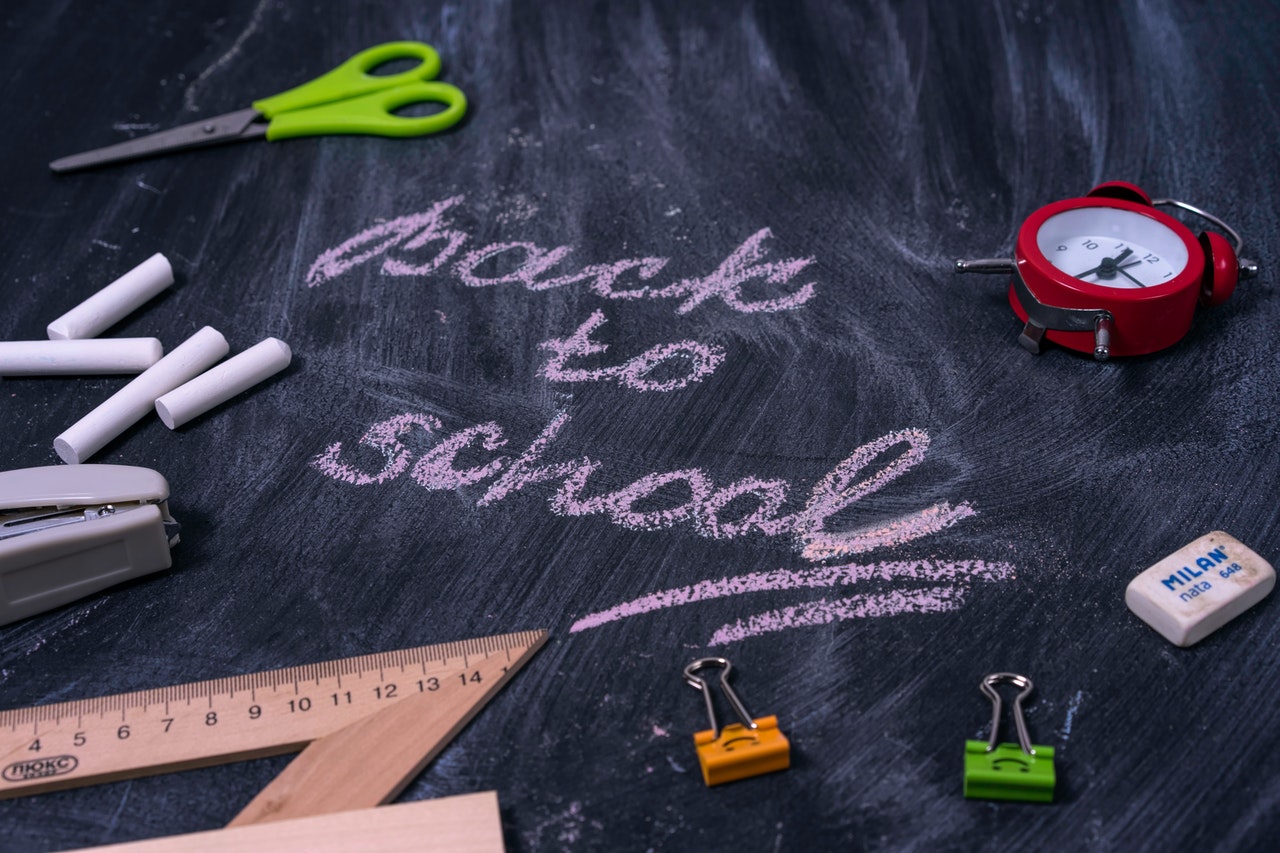
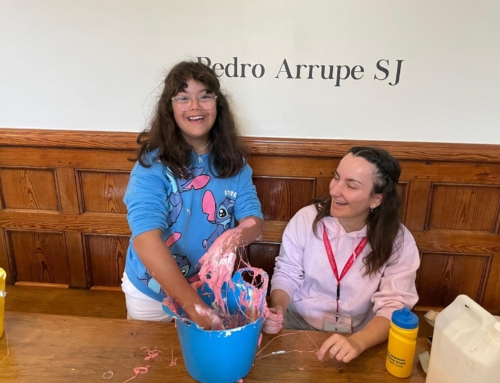

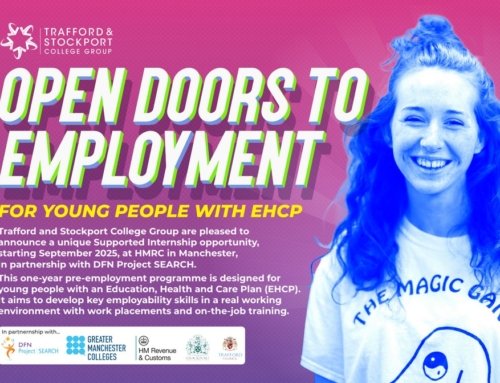
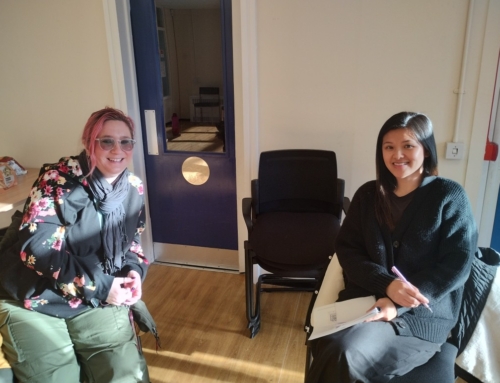
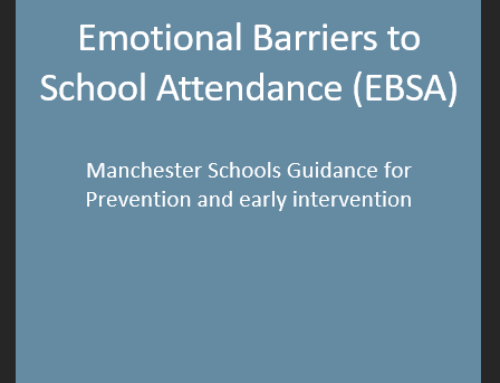
[…] Previous […]